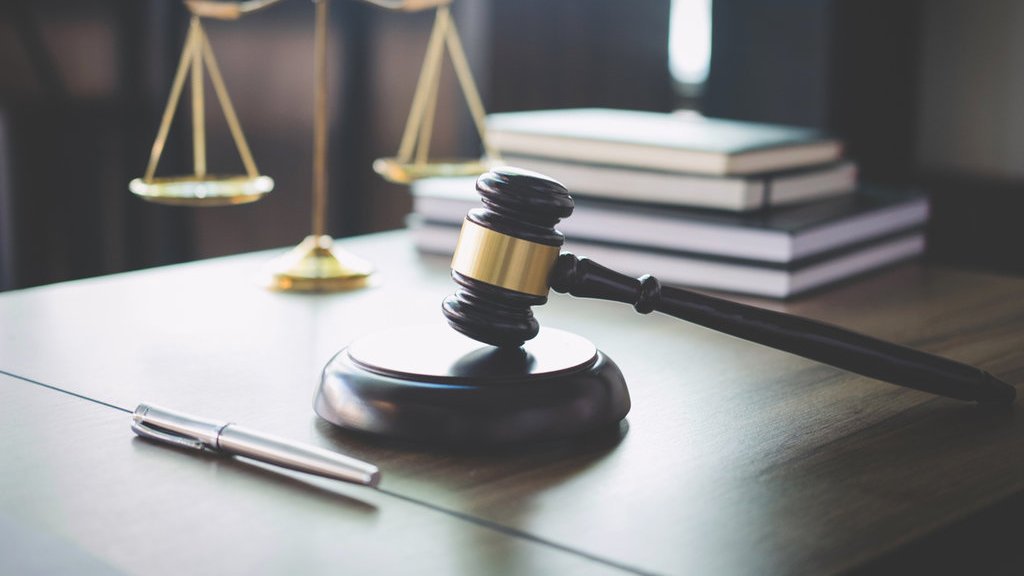UNAIR NEWS – The case involving influencer Rachel Vennya and Gaga Muhammad has been a hot issue recently. Both received leniency for their wrongdoing just because they were being polite during the trial.
In Rachel Vennya’s case, she escaped her quarantine period after returning from New York. According to Article 93 of Law Number 6 of 2018 concerning Quarantine, she was to be imprisoned for a maximum of one year and/or fined a maximum of 100 million rupiah. However, Rachel Vennya was not imprisoned for being cooperative during the trial, which was considered polite.
Meanwhile, Gaung Sabda Alam Muhammad or Gaga Muhammad caused an accident due to negligent driving. He was charged with Article 310 Paragraph 3 of Law No. 22 of 2009 concerning Road Traffic and Transportation with a penalty of five-year imprisonment. However, he was only sentenced to 4.5 years in prison on being polite and still young.
Sapta Aprilianto, S.H., M.H., LL.M said that the mitigation received by the two public figures did include the judge’s rights to decide. “However, the judge must consider the leniency strictly. If one gets leniency just because of being polite, that’s not fair,” said the expert on Criminal Law.
The Faculty of Law Universitas Airlangga (FH UNAIR) lecturer also considered that the judge prioritizing politeness to mitigate sentences would break legal values. “This is not in accordance with legal values, which include justice, expediency, and legal certainty,” he said.

Actual factors that can mitigate punishment
The actual factors that can mitigate one’s sentence are the legal facts and the defendant’s background. “For example, if the defendant has been well-behaved and made his mistake with no bad intentions, I agree that he gets leniency. It is formally true that the law does not regulate such mitigation, but the judge can consider it,” said Sapta.
Even though the sentence is lenient, the defendant will still get a guilty verdict. However, the sentence is mitigated or does not include imprisonment.
Wisdom against unsatisfying judicial decision
Some unfair cases, such as what happened to Rachel Vennya and Gaga Muhammad, have indeed resulted in gossips in the community. There are many contradictory views about them, as the verdicts are considered not in accordance with the principles of justice in the law.
However, Sapta said that the prevailing law must be respected despite the dissatisfaction. “The defendant can only file an appeal or cassation against the verdict so that a review can then be carried out,” explained Sapta.
Meanwhile, if the judge’s attitude is deemed to have violated the code of ethics, there will be action from the Judicial Commission (KY). “KY is only limited to a code of ethics and cannot change any judicial decision,” he concluded.
Author: Fauzia Gadis Widyanti
Editor: Khefti Al Mawalia





